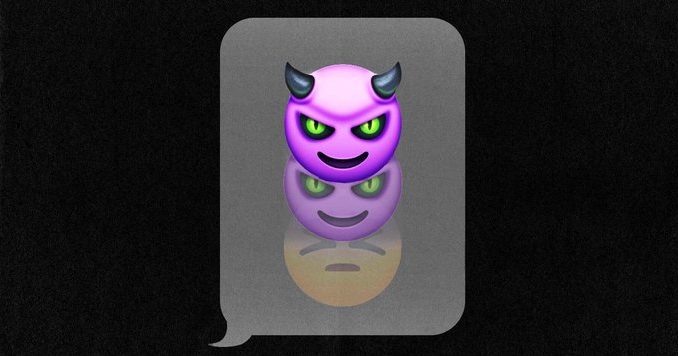
Ever carefully crafted a job application for a role you’re certain that you’re perfect for, only to never hear back? There’s a good chance no one ever saw your application — even if you took the internet’s advice to copy-paste all of the skills from the job description.
Employers, especially large companies, are increasingly using artificial intelligence (AI) tools to quickly whittle down applicants into shortlists to help make hiring decisions. One of the most widely used AI tools is an applicant tracking system (ATS), which can filter and rank candidates’ resumes against an employer’s criteria before a human recruiter looks at the best matches.
And the systems are getting smarter: some AI companies claim their platforms can not only pinpoint the most qualified candidate, but also predict which one is most likely to excel in a given role.
« The first thing workers have got to understand is: Nobody is looking at your resume. You have to run the gauntlet of the AI before you get seen [by a recruiter], » says Joseph Fuller, a professor of management practice at Harvard Business School.
While AI hiring tools can save time and money for businesses when all they want to do is fill a job, experts caution that the platforms can overlook qualified candidates — and even introduce new biases into hiring processes if they’re not carefully used.
